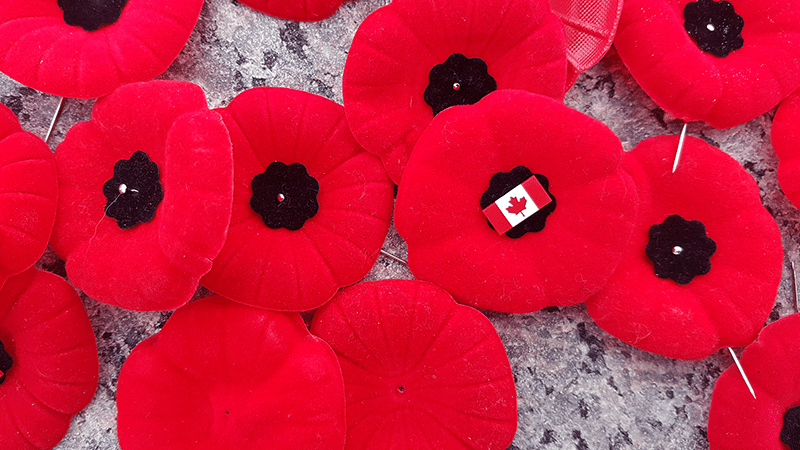Public prayers need not be replaced by “spiritual reflections” on Remembrance Day, military chaplains in Canada have been told.
In October, Chaplain General Brigadier-General Guy Bélisle directed his staff to give “reflections” rather than prayers during public functions to “visibly demonstrate” religious neutrality.
But following a public outcry, the Chaplain General has now said that Remembrance Day ceremonies may include either spiritual reflections or prayers.
Inclusivity
The controversial policy document published last month acknowledged the place public prayer had played in the military’s history, but called for more “inclusive practices”.
Brig-Gen Bélisle said: “While the dimension of prayer may occupy a significant place for some of our members, we do not all pray in the same way; for some, prayer does not play a role in their lives.”
In future, he stated: “Chaplains shall endeavour to ensure that all feel included and able to participate in the reflection with a clear conscience, no matter their beliefs (religious, spiritual, agnostic, atheist).”
Further to the directive, a National Defense spokesman said chaplains “should not use the word ‘God’ or other references to a higher power such as ‘Heavenly Father’” to “ensure all feel included” at public functions.
New orders
The Royal Canadian Legion claimed that “inaccurate information” had been circulated, and clarified that: “Prayer will remain an important part of Remembrance Day ceremonies organized by the Legion, including the one at the National War Memorial.”
Brig-Gen Bélisle subsequently issued new instructions in “light of the questions that have been raised concerning the Directive”.
Announcing a change in approach, he said that “any chaplain who participates in a Remembrance Day ceremony this year can propose a spiritual reflection or opt for the practice of recent years”.

